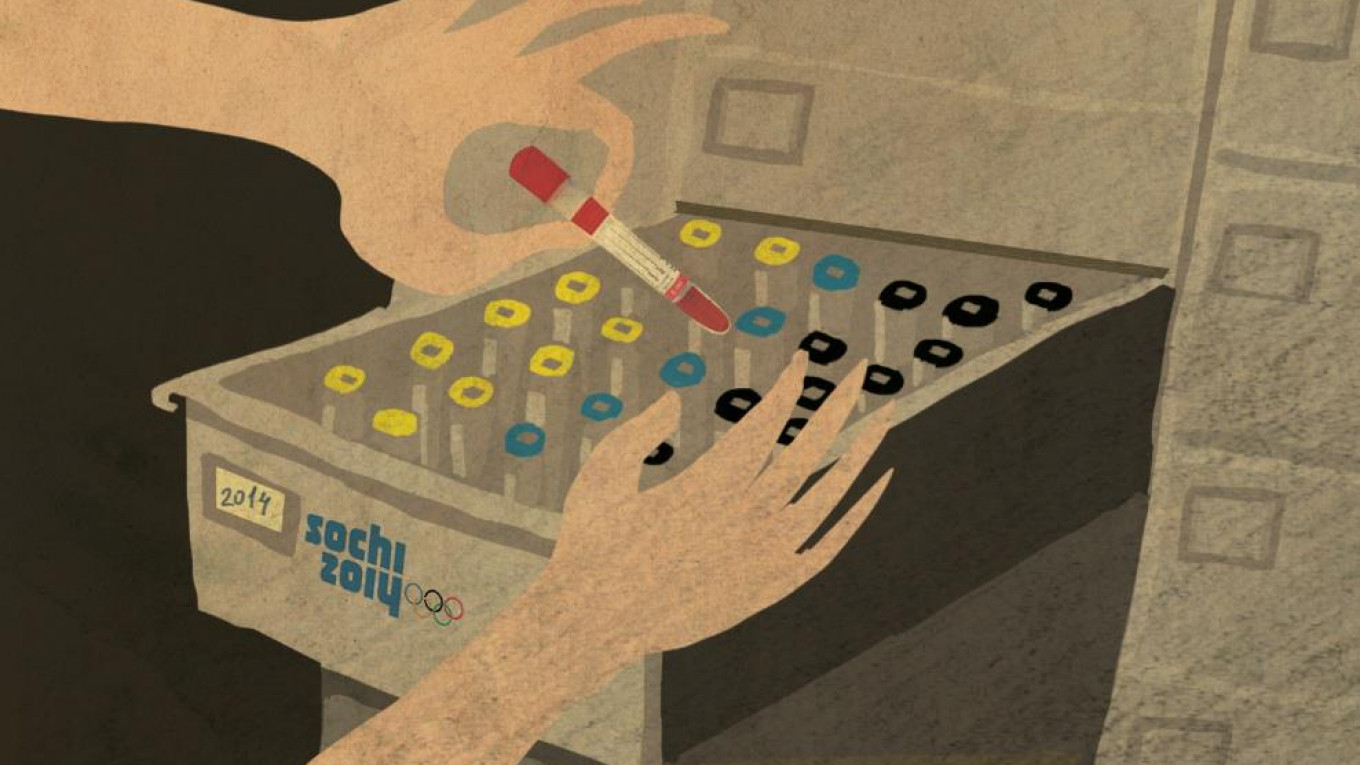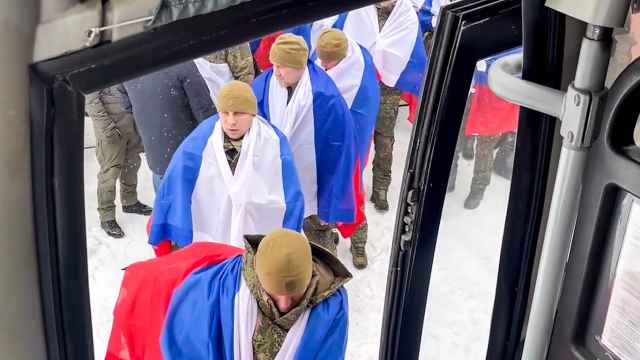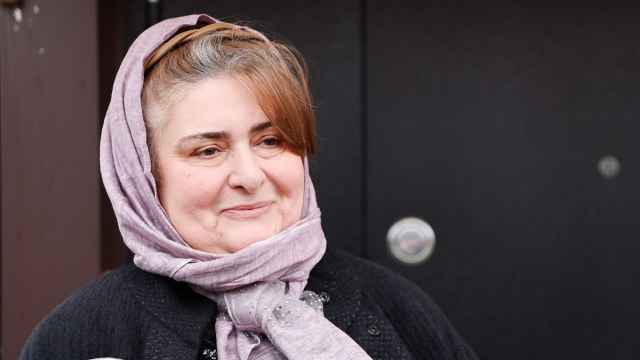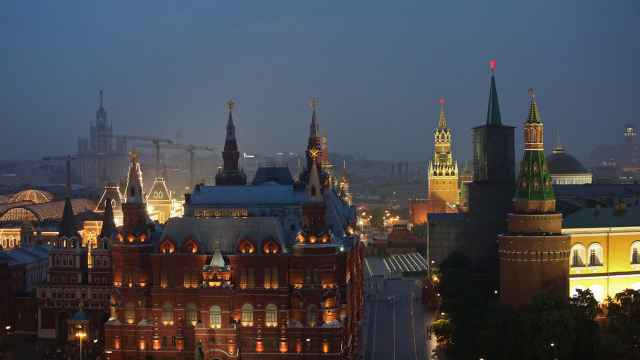This time around, there wasn’t even outrage.
There were no emotional Instagram posts from Olympic sports stars, no apologetic columns from ministers in the Western media, no angry put-downs on Russian propaganda channels.
The only response to the latest report into Russian sporting foul play was denial.
“There is no state support for doping,” the Ministry of Sports wrote in a dry official statement.
There is no “organized system of falsifying test results,” said Vitaly Smirnov, head of the Independent Public Anti-Doping Commission.
Others focused on the author of the report, Richard McLaren, a lawyer acting on behalf of the World Anti-Doping Agency (WADA.)
“McLaren hasn’t said anything new ... He hasn’t named any names, but he has already assigned labels to Russia and its national team,” Mikhail Degtyaryov, head of the State Duma committee on sports, tourism and youth affairs wrote on Twitter.
Yet for anyone who cared to read the report, McLaren’s findings were damning enough.
He concluded that between 2011 and 2015, more than 1,000 Russian athletes across 30 sports were connected with the use of performance-enhancing drugs or the concealment of positive urine samples. Twelve Russian athletes who won medals at the 2014 Winter Olympic Games in Sochi had swapped their drug test samples. Government officials orchestrated it, while operatives of the Federal Security Service (FSB) helped cover it up. And, this time, physical evidence was collected to substantiate these claims.
“The extent of the cover-up and the doping scheme is shocking, and they are still denying actual forensic evidence,” says Hajo Seppelt, the German journalist first to tell the world about widespread Russian doping in his 2014 documentary.
“If [the evidence] is not enough for them, they should not be surprised if the situation gets even more serious,” he says.
McLaren’s report, which was presented in London on Dec. 9, was the second and final part of the WADA investigation. It confirmed the allegations made in his initial July 2016 report: that doping was widespread, systematic, and masterminded by Russian authorities. Not only was the incredible story of steroid “cocktails” told by the former head of the Moscow Anti-Doping Lab Grigory Rodchenkov true, it was merely one episode of a four-year long conspiracy.
Read more about Grigory Rodchenkov's accusations: Ready, Steady, Dope: Russian Elite Sport in Deep Trouble
“We’re not just talking about the Sochi [2014 Winter] Games anymore — we are talking about summer and winter sports, Olympic and Paralympic sports. A minimum of four years,” Seppelt, who was present at the McLaren’s press conference, told The Moscow Times.
Some in Russia said that McClaren conducted his investigation between 2011 and 2015 and that the situation has changed since the. “[McLaren] said the report was about 2011-2015, and all the facts in it are related to this period,” says Svetlana Zhurova, former Olympic speed skating champion and now State Duma deputy. “He said that he now trusts Russia ... and what has happened in these four years isn’t happening now.”
Even if that is the case, more trouble might be in store for Russia.
On the heels of the report, WADA promised to share evidence with international sports federations to investigate implicated athletes. The International Olympic Committee also announced it would re-analyse all 254 urine samples collected from Russian athletes at the Sochi 2014 Winter Games. Additionally, it extended the mandate of the Oswald Commission to examine all samples collected from Russian athletes during the Olympic Games London 2012, following the report.
If more cases of doping are confirmed, additional sanctions against Russian athletes are likely to follow.
Read more about sanctions against Russian athletes: Anger and Paranoia. Inside the Minds of Russia's Excluded Olympians
Russian sport can do much to dig itself out of its own hole, believes Richard Ings, the former head of the Australian Anti-Doping Agency. Simple measures are needed: testing transparency, making athletes available for testing anytime and anywhere, and not tampering with labs. But first, the denying must stop.
“I think that Russia is a modern, aggressive country with technical and legal capabilities and enough sensitivity to put in place effective and robust anti-doping policies,” Ings told The Moscow Times. “But you can’t change what you don’t acknowledge.”
Instead of acknowledging the problem, Russia continues to play victim, says Seppelt.
“So many things have to change: education, the overall culture of sports,” he says. “The fact that Russia has done nothing to stop these practices after we first exposed them in December 2014 is worrying.”
A Message from The Moscow Times:
Dear readers,
We are facing unprecedented challenges. Russia's Prosecutor General's Office has designated The Moscow Times as an "undesirable" organization, criminalizing our work and putting our staff at risk of prosecution. This follows our earlier unjust labeling as a "foreign agent."
These actions are direct attempts to silence independent journalism in Russia. The authorities claim our work "discredits the decisions of the Russian leadership." We see things differently: we strive to provide accurate, unbiased reporting on Russia.
We, the journalists of The Moscow Times, refuse to be silenced. But to continue our work, we need your help.
Your support, no matter how small, makes a world of difference. If you can, please support us monthly starting from just $2. It's quick to set up, and every contribution makes a significant impact.
By supporting The Moscow Times, you're defending open, independent journalism in the face of repression. Thank you for standing with us.
Remind me later.






